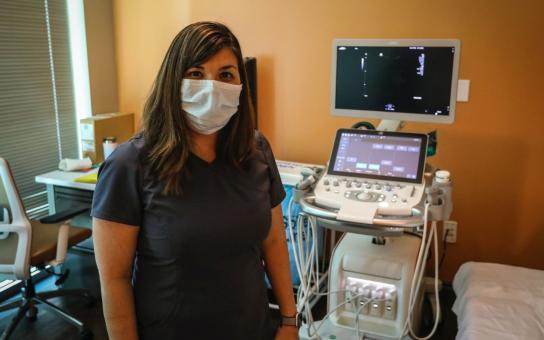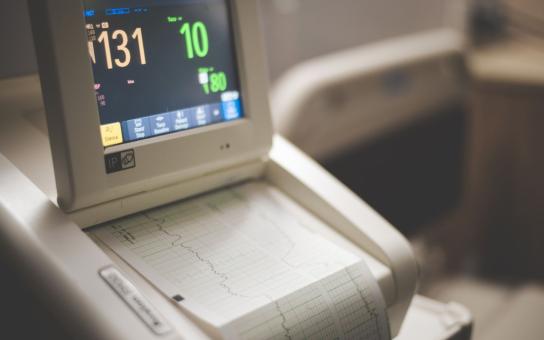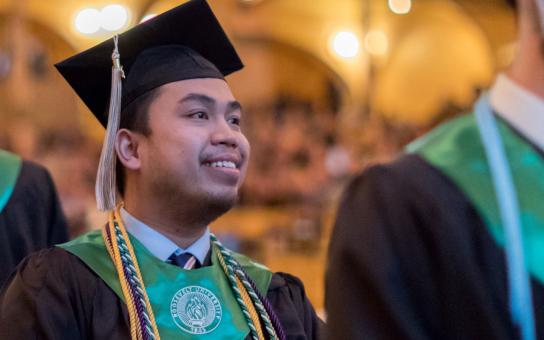Bachelor’s in Diagnostic Medical Sonography, BS
Diagnostic medical sonographers work closely with the doctors to produce dynamic visual images of organs, tissues and blood flow inside the body. Sonographers work closely with physicians by providing diagnostic images and a summary of technical findings to aid in reaching a medical diagnosis in any patient, from unborn babies to elderly.
Why Roosevelt for your Bachelor's

Hands-on hospital experience
Complete your first three years of course work at Roosevelt University and finish your final year and a half at Northwestern Memorial.

A fast-growing field
U.S. News and World Report called medical sonography one of the 100 Best Jobs of 2021. The field is projected to add 19,100 new jobs by 2030.

100% job placement rate
In the last five years, every diagnostic medical sonography graduate has found a job six months after graduation. Sonographers make an average of $70,380 per year (U.S. Bureau of Labor Statistics).
Explore More Programs
From biology to bassoon, psychology to pharmacy, reading to real estate, Roosevelt has a program for you. Explore our comprehensive academic choices, outstanding faculty and nearly limitless degree program options.